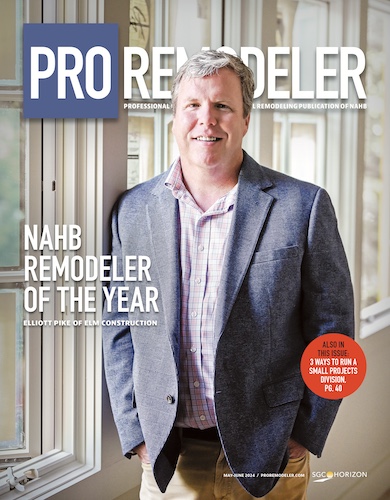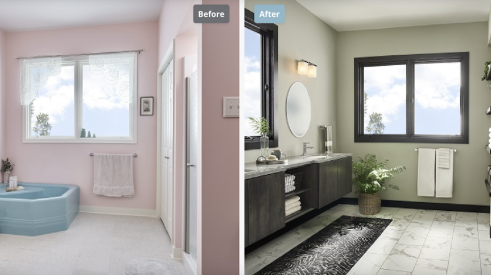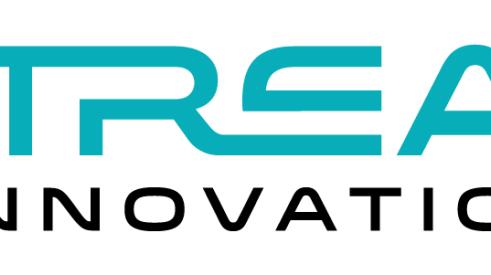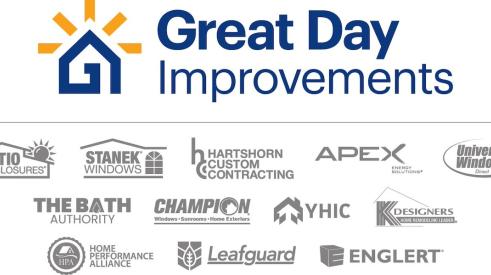I shouldn’t be writing this because I’m on vacation. For those of you who, like many small-business owners, are unfamiliar with the concept, a vacation is commonly understood to mean “an extended period of recreation.” Most people associate a vacation with travel, but a modern variation—the “staycation”—suggests that literally “vacating” is not the essential feature. It is not so much what you do, but what you avoid doing. And what you avoid is work.
That’s harder to do than it used to be. Years ago, before notebook computers became commodities, you could literally leave work behind when you left the office because most critical work documents were stored on hard drives in a local desktop computer. That’s not a viable strategy anymore, even if you “forget” to take your notebook with you, because a lot of digital information is now stored in the cloud where it’s accessible no matter where we are or what computer we’re using. Convenient, but also oppressive.
And then there are smartphones. While they are a boon to communications between office and field, and make subcontractors and suppliers available seven days a week, they are a scourge to those with workaholic tendencies because they make it impossible to fully “vacate” your business.
The physical and mental health benefits of a vacation are well established. Whether it’s a period of recreation or just the ability to engage in something other than our businesses, the time away from the regular work routine recharges our batteries so that we return with fresh ideas and a reinforced sense of commitment.
But for a small-business owner, being able to take time off is a significant milestone.
It marks the first step in the transition from a business that depends completely on its owner, to one that has begun to replace the owner with systems and standardized practices that can be maintained by trusted employees.
I learned this lesson the hard way after the recession of 1980, but before the ensuing boom. I threw my back out and missed about 10 days of work. At the time, my company was finishing up a custom home and had not yet started a couple of smaller remodeling projects. I spent those 10 days laying flat on my back, thinking about how dependent my company was on my being able to work.
After that I began to disentangle myself from parts of the business that could be delegated to capable employees. It didn’t happen overnight and, yes, there was backsliding, but it simplified my workday and gave me more personal time. And the employees who took on new responsibility gained confidence and got better at their jobs.
It shouldn’t take a crisis to precipitate this change. The sooner you start, the faster you will reap the benefits. (And, by the way, those benefits also accrue to employees who take vacations. Paid vacations.)
So why am I writing this while on vacation? Because I am a great procrastinator.
And besides, it’s raining today.
For a small-business owner, being able to take time off is a significant milestone that marks the first step in the transition from a business that depends completely on its owner
Add new comment
Related Stories
Peppermill Finish
NAHB Announces Action Plan for Housing Affordability
Six of the proposed 10 action items are important to residential remodelers
Re-Bath Expands its Reach with New Franchise
The company signs a deal with brothers who are first-time franchisees
NARI Renames Awards Program
The awards program has a new name, but continues its tradition of recognizing the best in residential remodeling
Registration Open for Women in Residential+Commercial Construction Conference 2024
Join 300+ women in construction for three days of impactful idea-sharing and networking in Phoenix
Power Home Remodeling Expands Financing Offshoot with $400M from Goldman Sachs
Industry-leading home improvement company Power plans to grow its fintech offshoot fivefold with new investment
Great Day Improvements Acquires LeafGuard and Englert
Leading home improvement company Great Day Improvements purchases two major brands from private equity firm Audax
Metros with the Highest and Lowest Remodel ROI
First-time homebuyers can find fixer-upper listings priced between 5 to 10% lower than move-in ready homes. The high return on investment of these projects shows that remodeling remains a strong option to navigate the current housing market
Latest Private Equity Activity Signals Continued Strength in Home Improvement
A hot month for private equity means the industry remains opportunity-rich
Pro Remodeler Wins Two Prestigious Jesse H. Neal Awards
The editorial team was honored with one of B2B journalism's most prestigious awards in the categories of Best Subject-Related Package and Best Range of Work by a Single Author













